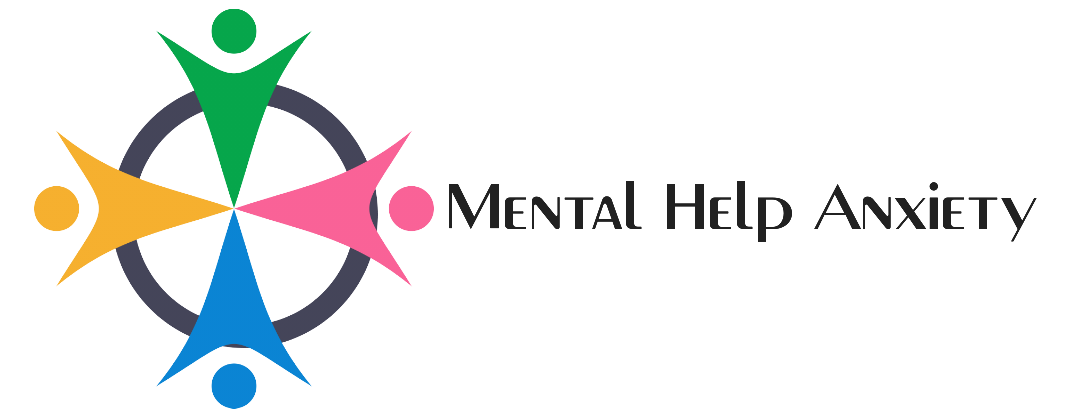Depression and anxiety, often referred to as the silent epidemics, are not isolated conditions. They affect millions worldwide, and you are not alone in your struggle. Despite their prevalence, the stigma surrounding these mental health conditions persists, creating barriers to understanding, acceptance, and treatment. Breaking this silence is crucial to fostering a compassionate and informed society.
The Roots of Stigma
The stigma surrounding mental health conditions like depression and anxiety is deeply entrenched in societal attitudes, cultural norms, and misinformation. Historically, mental illness was often associated with weakness, moral failing, or even supernatural causes. Although advancements in psychology and neuroscience have dispelled many of these myths, remnants of these beliefs persist.
Media portrayals can exacerbate the problem. Often, individuals with mental health conditions are depicted as unstable or dangerous, reinforcing negative stereotypes. These portrayals overshadow the reality that depression and anxiety are medical conditions, not character flaws.
The Impact of Stigma
The stigma of depression and anxiety has profound consequences. Many individuals suffer in silence, fearing judgment or discrimination if they disclose their struggles. This silence can lead to delayed treatment, worsening symptoms, and even suicidal ideation. Families and workplaces may also lack the resources or understanding to provide adequate support, further isolating those affected.
Stigma doesn’t just harm individuals; it impacts society as a whole. Untreated mental health conditions can lead to decreased productivity, higher healthcare costs, and a general decline in community well-being. By perpetuating silence and misunderstanding, stigma hinders collective progress toward addressing these issues effectively.
Breaking the Silence
Addressing the stigma requires a multi-faceted approach. Education plays a pivotal role. Public awareness campaigns that highlight the prevalence of depression and anxiety can normalize these conditions. By being informed, you can help break the silence and foster a more compassionate society. Sharing stories of recovery and resilience helps humanize the struggle, encouraging empathy and reducing misconceptions.
Language also matters. It’s not just about what we say but how we say it. Avoiding derogatory terms and promoting person-first language—such as saying “person living with depression” rather than “depressed person”—can reshape how society views mental health. The media has a significant responsibility here, as accurate and sensitive representations can challenge stereotypes. By being mindful of our language, we can contribute to breaking the silence and fostering a more compassionate society.
Healthcare systems must also adapt to reduce stigma. Training medical professionals to approach mental health with the same urgency and sensitivity as physical health is essential. Accessible and affordable mental health care services and community-based support networks can ensure individuals receive timely help.
The Role of Advocacy and Peer Support
Advocates, both individual and organizational, have been instrumental in breaking the silence around mental health. High-profile figures sharing their experiences with depression and anxiety can have a ripple effect, inspiring others to seek help or open up about their struggles.
Peer support groups provide safe spaces for individuals to share their experiences and coping strategies. These groups validate participants’ feelings and demonstrate that they are not alone.
Moving Forward
Understanding and addressing the stigma of depression and anxiety is not an overnight task. It requires persistent effort, cultural shifts, and open dialogue. As society becomes more informed, the barriers that silence so many can be dismantled.Persistent Depressive Disorder
Breaking the silence isn’t just about awareness; it’s about creating a world where seeking help is seen as a sign of strength, not weakness. It’s about fostering a culture where compassion replaces judgment, support replaces shame. Only then can we truly address the silent epidemics of depression and anxiety?


